Episode #25 feat. Todd Cochran
In this episode, Eric sits down with accomplished musician, composer, essayist and abstract artist Todd Cochran. They discuss how he was born in San Francisco and raised in a household of deep love for the arts; filled with music and conversations about art and culture. Growing up in the Lakeview district; a largely Black but racially mixed neighborhood and community.. and the influential role that his maternal grandmother, an ordained minister, evangelist and protofeminist played throughout Todd’s childhood. They discuss his musical training and private study in piano and performing arts in classical music and theory; to eventually attending Trinity College of Music in London. He sheds light on his experience of living in San Francisco during the 60s and 70s, his exposure to jazz and how his musical development was impacted by the cultural, political and community atmosphere of the civil rights movement; which fueled his passion for creating art that mirrored the socio-cultural moment and set the path for his prolific and inspiring musical career. They discuss Todd's fascination with the visual arts; the interconnectivity between art forms.. the power that art has to make a difference and the responsibility that comes with being an artist.
Guest Bio: Todd Cochran is an American pianist, composer, keyboardist, essayist and conceptual artist. Early in his career he was also professionally known as Bayeté. Cochran started his career as a teenager with saxophonist John Handy. Two years later he joined vibraphonist Bobby Hutcherson’s Quartet, and made his jazz recording debut composing and performing on a benchmark album for Hutcherson, "Head On" (on Blue Note Records) that featured a nineteen-piece ensemble. The recording was critically hailed as cross-pollinating the evolving contemporary modal jazz, avant-garde sound of the 1970s. Cochran’s first solo project "Worlds Around the Sun" became a #1 jazz album and marked his entree into the jazz discussion.
From the mid 1970s forward Todd has experimented with and incorporated synthesizers, electronic and mixed-media concepts in his creative projects while collaborating with a wide range of artists in the genres of jazz, art rock, pop, R&B, and twenty-first-century classical. Cochran's best-known jazz compositions include "At The Source" (Bobby Hutcherson), "Free Angela" (Bayeté Todd Cochran, Santana), "Eternal Worlds" Julian Priester, "My Pearl", "Geni-Geni" (Automatic Man), "Monte Carlo Nights" Grover Washington Jr., "Spanish Rose", "Back To Lovin' Again" (Freddie Hubbard), and "Secret Places" (Todd Cochran). He released two albums on Prestige Records in 1972 and 1973. He was keyboardist and lead singer of Automatic Man from 1976 - 1978. He was also a member of Fuse One, a coalition of jazz musicians who released two albums on CTI Records in 1980 and 1981.
